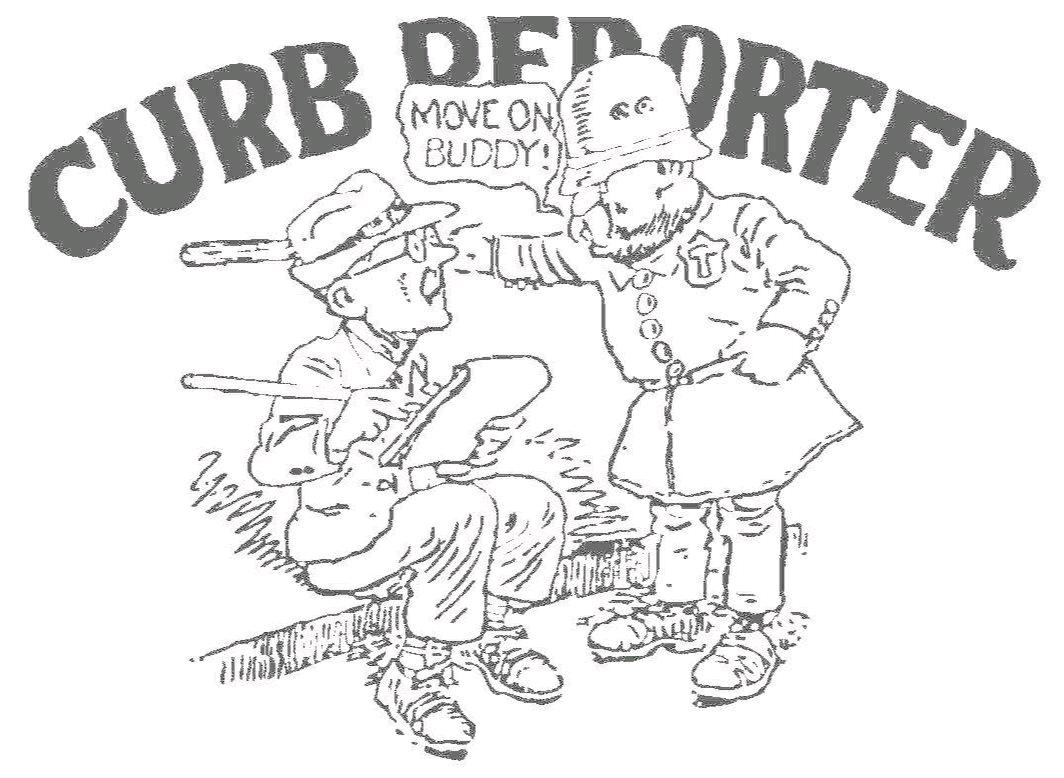Hunting laws and written permission
Published 6:11 pm Thursday, November 12, 2009
To the Editor:
The NC Wildlife Resource Commissions Regulation Handbook devotes nine pages to state rules and regulations that the commission requires for hunting on the approximate 2,000,000 (2 million) acres of game lands in North Carolina.
Why do these same laws not apply uniformly across the state? Shouldnt laws for hunting on private land be just as stringent if not more so than laws on public land? There are state laws requiring a safety course for hunters, that hunters wear orange, and obtain a license. They state what can be hunted, when, and with what weapon. Individual counties are left to set their own rules. For Polk County the existing hunting laws are as follows:
Polk – (It is illegal to)
* Possess or set a steel trap, or take an animal therefrom, except on land owned or leased solely for agricultural purposes by the trapper.
* Hunt with a firearm from or on a public road or the right-of-way thereof.
* Unlawful to possess or consume alcohol within 50 feet of any river in Polk County.
Some areas in Polk County have a huge problem with trespassing, unethical, and/or illegal hunters and poachers. Polk County citizens have asked our commissioners to consider a written permission ordinance in an effort to protect the rights of hunters and landowners in Polk County, and to protect the safety of the public by clarifying where a hunter is allowed to hunt.
The Executive Director of the Wildlife Commission has confirmed in writing that the Commission does not have a position on written permission for individual counties. The following excerpt from the Commission Regulation Handbook addresses trespass:
The establishment of open seasons does not obligate the private landowner to allow hunting on his property, nor does it eliminate the ethical requirement for obtaining permission from the landowner before hunting. In some counties, hunters are required to obtain permission to hunt on private property.
After a tremendous amount of research, the following was presented to the commissioners on Oct. 5, 2009:
In an effort to protect the rights of hunters and landowners in Polk County, and to protect the safety of the public by clarifying where a hunter is allowed to hunt, consideration of the following is respectfully requested:
That the Polk County Commissioners request an act from the North Carolina Legislature to require written permission before hunting is allowed on the land of another in Polk County. The following draft is offered as an example:
It is unlawful to hunt, fish or trap on the land of another without having on ones person the written permission of the landowner. Written permission shall be signed and dated for the current season and shall contain complete contact information for the landowner.
In order to address concerns expressed at the Oct. 5 meeting, the following additions have been suggested:
In the case of group hunting events, written consent may be granted to a duly organized hunting club for its members to conduct events such as, but not limited to, group hunts, field trials or equestrian fox hunts. Said hunting clubs authorized representative will obtain written permission from the landowner(s). This representative must be present for the event and have the written permission on his/her person while the event occurs.
Some people have objected to the proposed ordinance because it is too much trouble. Really? If one is following the state law and requesting permission, how much trouble is it to write it down? Some people have a mercenary interest. They lease their land for hunting and/or get paid to hunt nuisance animals. Some have objected because of potential liability.
There are two schools of thought on this. Law enforcement has stated that a landowner is not liable if a hunter has a problem or causes a problem. On the other hand, attorneys have said the landowner is responsible and liable regardless of whether permission is verbal or in writing and may be liable even if they did not give any type of permission.
Furthermore, a local attorney stated that written permission would allow a landowner to address any potential hazards on his property which could help his case in the event of injury. For those who have said this wont fix the problem, we say 56 North Carolina counties that have adopted written permission ordinances cant be wrong. Just ask our neighbors in Rutherford and Transylvania.
Unlike the nine pages of game land laws, this is a simple request. For the landowners in Polk County who are having problems, they need help. Just because you dont currently have a problem, that doesnt mean you wont. Ultimately, this will ordinance will benefit everyone. Isnt preventing an injury or possibly saving a life worth a minor inconvenience? We have faith that our county commissioners will make the right decision for the safety and well being of the residents and taxpayers of Polk County.
Brenda Brock


